Warning: this book is the third in a trilogy and therefore will inevitably contain spoilers for the first two books, The Hunger Games and Catching Fire.
District 12 is no more and Katniss and her family are now living underground in District 13, which is preparing for war with the Capitol. Everyone is expecting her to live up to the name she was given, and act as the figurehead for the revolution, the Mockingjay. But Katniss is as distrustful as ever, and with everything she’s been through, it is a role she reluctantly accepts…
I’d been avoiding spoilers ever since Mockingjay came out but I managed, nonetheless, to get the impression that it was a controversial ending to the trilogy. Some people love it, others hate it, and still more think that it was okay, but would have preferred things to go differently. I wasn’t sure what to expect. I knew what I wanted to see more of, and prepared myself to be disappointed.
I wasn’t. I really liked it. I thought that it made sense, and stayed true to what the author wanted to get out of the story. I don’t think that the Hunger Games are reality television taken to its most drastic extreme. I think that they are a more honest and direct version of what happens in real life. The Hunger Games are war in miniature. In our world, politicians, kings, and whatever else we call them, entertain themselves and gain glory by waging wars on each others’ territories, largely by making other people’s children fight each other. In my opinion, The Hunger Games, Catching Fire, and Mockingjay tell a story that is essentially anti-war, and the most effective way to persuade people of the horrors of war is to show us the havoc that it wreaks upon the minds and lives of those that fight it. Therefore, what I wanted and expected was to see more of the victors. I wanted to find out in more detail how being in the Hunger Games had affected them, and I did. I wasn’t that concerned about the ‘love triangle’ or even what happens at the end of the war, but as it turns out I approved of those endings completely.
Some readers think that Katniss isn’t as ‘strong’ in Mockingjay, but I never saw her as weak. She has been changed by everything she’s been through, but that’s realistic! If she just continuously kicked butt all the time it wouldn’t be as exciting and interesting, and I think she became a more rounded character in this book. She thinks more carefully before she acts, and gets better at listening to other people. However, I don’t think that she has essentially changed all that much.
I really liked that we got to see a lot of political intrigue. Seeing how District 13 produced their propaganda went some way towards explaining how the Capitol kept control for so long.
My most major criticism would have to be that, as with the other two books, the pacing isn’t very even. I hink that this is even more obvious in Mockingjay, where it speeds up so much towards the end that I found it a bit difficult to remember everything that was going on. and to keep track of the passage of time. I also found the earlier chapters a bit disjointed, thanks to the lengthy mental tangents Katniss went off on. I could see the purpose of these sections, but they (especially the one about ‘The Hanging Tree’) could have been shorter and more neatly written.
There are two things that I’m not sure about. The first is the speed of the final events. I felt that everything whizzed by, some action scenes were missing, and I wanted to know more about the political mechanics, but on the other hand, I don’t think that the book was ever going to go into great detail on that, because it’s narrated by Katniss, whose interest in politics is minimal. The other is the epilogue. I feel like the chapter before would have made a good ending on its own, but the epilogue does revisit an imporant issue from book one, although I’m not quite happy with the way it turned out.
What did you think?



Leave a Reply
You must be logged in to post a comment.